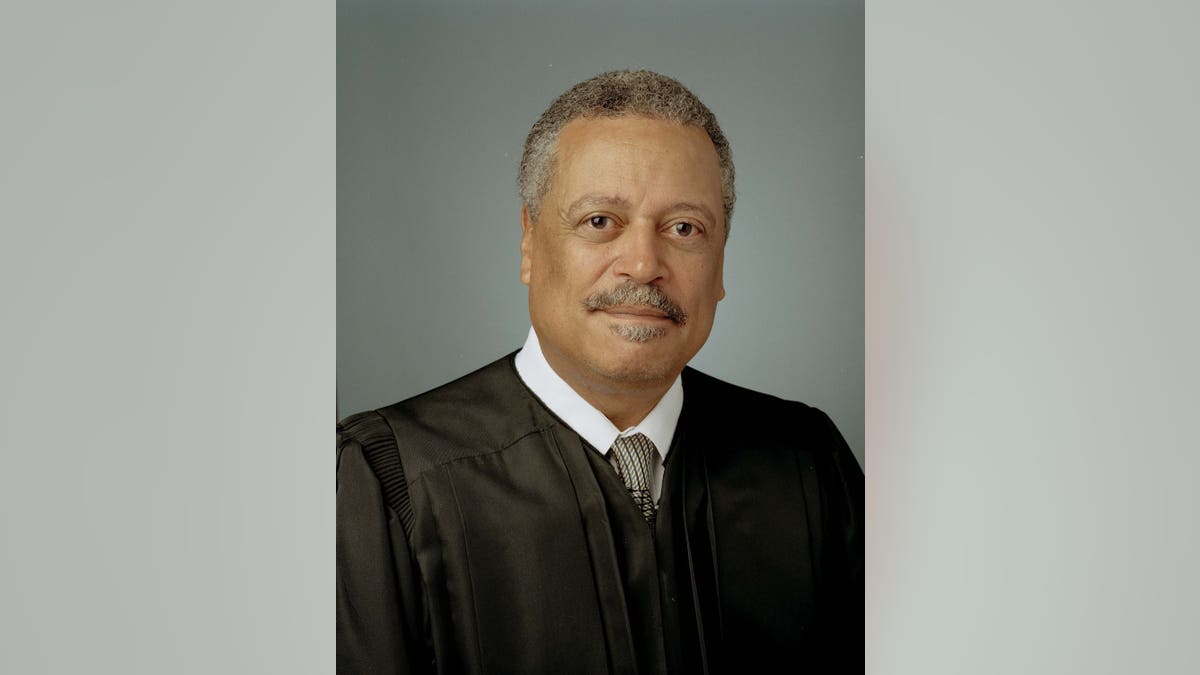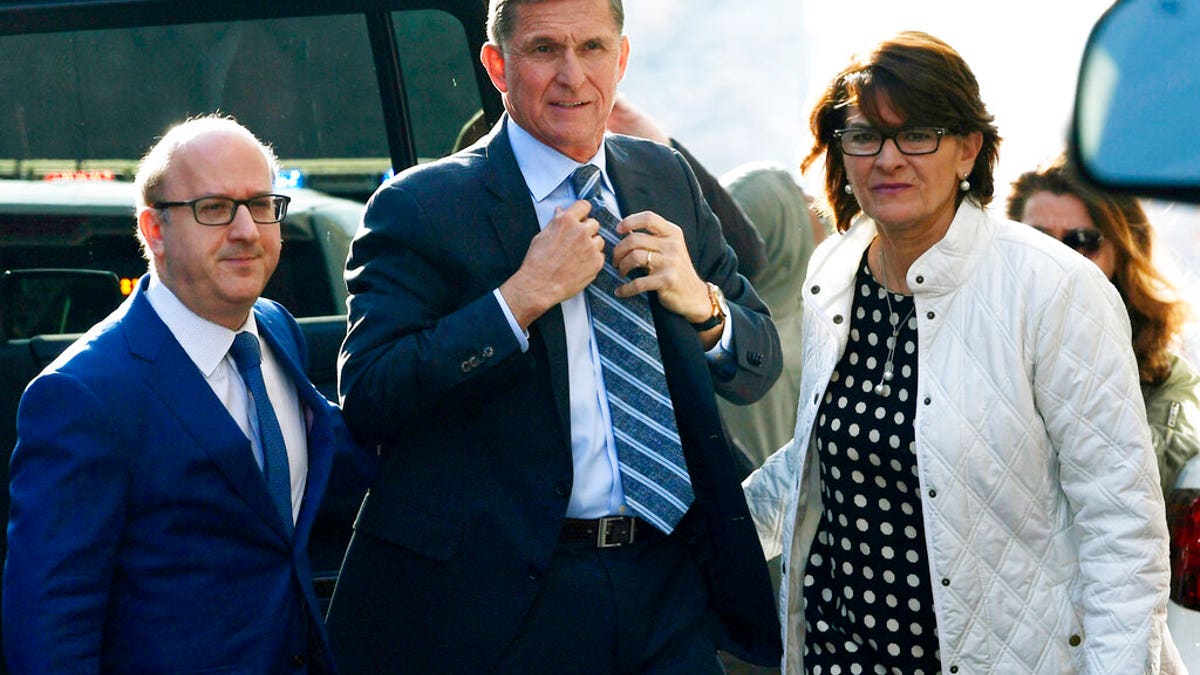What to know about Emmet Sullivan, the judge in long-running Michael Flynn case
Emmet Sullivan, a judge for the U.S. District Court for the District of Columbia, made headlines when he decided to allow 'amicus curiae' briefs in the case against former National Security Adviser Michael Flynn after the Department of Justice moved to dismiss the charges against him.
Emmet Sullivan, a judge for the U.S. District Court for the District of Columbia, on Tuesday decided to allow "amicus curiae" briefs -- Latin for "friend of the court" briefs -- in the case against former National Security Adviser Michael Flynn after the Department of Justice (DOJ) moved to dismiss the charges against him.
Flynn had previously pleaded guilty to lying to the FBI but moved earlier this year to withdraw that plea. The DOJ in its motion to drop the Flynn charges said it had "concluded that the evidence [against Flynn] is insufficient to prove its case beyond a reasonable doubt." Attorney General Bill Barr later defended the decision in an interview with CBS.
Sullivan, however, has not yet approved the unusual motion to drop charges after a guilty plea, and made an unusual move of his own to accept amicus briefs -- giving third parties a chance to weigh in on the Flynn case. That led to harsh backlash against the judge.
Here's what to know about Sullivan as he mulls the government's move to drop charges against the former national security adviser.

Judge Emmet Sullivan, who is presiding over the Michael Flynn case, asked Tuesday for "amicus briefs" after the government moved to drop charges against the former national security advisor (Official photo)
He's been appointed by presidents from both parties
Sullivan was nominated to his current position by former President Bill Clinton, but began his career as a judge when former President Ronald Reagan appointed him to the Superior Court of the District of Columbia.
Former President George H.W. Bush then elevated Sullivan to the District of Columbia Court of Appeals in 1991 before Clinton placed him in his current position in 1994.
Sullivan, according to his government biography, is the first person in D.C. to be "appointed by three United States Presidents to three judicial positions."
He previously refused to accept amicus briefs in the Flynn case
An earlier effort in 2017 to allow amicus briefs was denied by Sullivan in an order where he said the court's docket was not the place for third parties to opine on the legal proceeding.
"Options exist for a private citizen to express his views about matters of public interest, but the Court's docket is not an available option," an order from Sullivan on Dec. 20, 2017 read.
He asked prosecutors if they'd considered treason charges against Flynn
Sullivan, in an explosive sentencing hearing for Flynn in 2018, expressed his distaste for the crime Flynn was charged with.
"I'm not hiding my disgust, my disdain for this criminal offense," Sullivan said during that hearing. He added that Flynn's allegedly unregistered work with Turkey "arguably" had undermined "everything this flag over here stands for.” (Flynn was never charged with violating the Foreign Agents Registration Act, which had gone largely unenforced until recently.)
Sullivan then asked the government prosecutors if they'd considered treason charges for Flynn, before later walking back the comment.

FILE - In this Dec. 1, 2017, file photo, Michael Flynn, center, arrives at federal court in Washington. A judge set a sentencing hearing for Michael Flynn after rejecting arguments from the former Trump administration national security adviser that prosecutors had withheld evidence favorable to his case. (AP Photo/Susan Walsh, File)
CLICK HERE TO GET THE FOX NEWS APP
He threw out the 2009 corruption case against late Sen. Ted Stevens
After late Sen. Ted Stevens, R-Alaska, was convicted on federal corruption charges for allegedly making false statements on financial disclosure forms, Sullivan tossed the verdict due to what Stevens called "prosecutorial misconduct," according to an ABC News story from the time.
Sullivan told prosecutors on the case that he'd "never seen such mishandling or misconduct."
He's a Howard University grad
A longtime D.C. resident, Sullivan graduated the D.C.-based Howard University in 1968 and got his law degree from the university's law school in 1971.
He soon after secured clerkships in the D.C. Superior Court and the Washington D.C. Neighborhood Legal Services Program.
Fox News' Andrew O'Reilly, Morgan Phillips, Gregg Re and Kaitlyn Schallhorn contributed to this report.













































